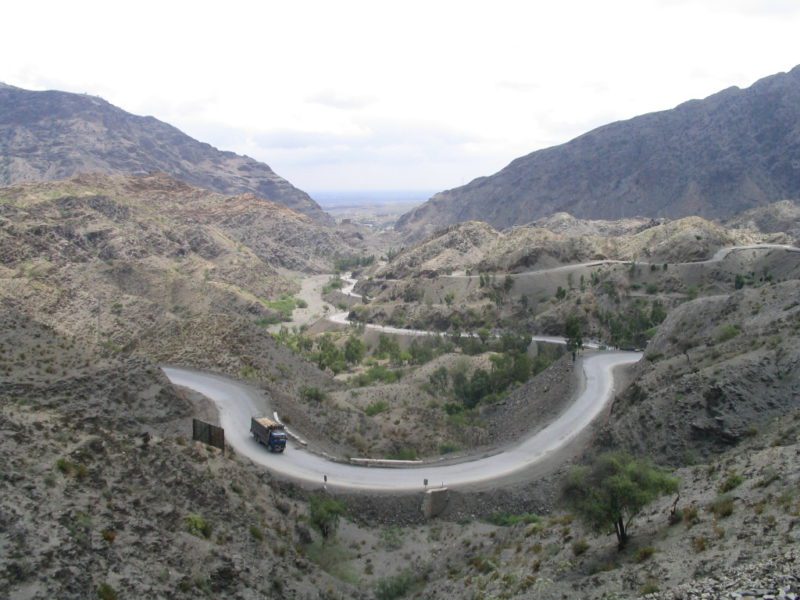
The photo above, attributed to James Mollison – James Mollison, CCBY-SA2, shows a section of the Khyber Pass on, or near, the border between Pakistan and Afghanistan. This road and rail pass through the Himalayan range mostly comprises a succession of interlocking spurs around which the road has to twist and turn, as well as coping with the gradient. Remembering that Pakistan used to be part of British India, the Pass was significant in Britain’s attempts to subdue/court Afghanistan (s.p.b.). It is clear that the actual Kyber Pass and the structure of artificial stone in East Park, Hull have few similarities except the feeling of being in a canyon with steep sides on either side. Nevertheless, the ‘Khyber Pass’ structure was incorporated into the new East Park, Hull in the 1880s, and took advantage of the piecemeal destruction of the Citadel, a 17th century linear defence in the parish of Drypool, to supplement the artificial stone used. It remains very difficult to distinguish between the artificial stone and the real thing from the Citadel.
By the late 19th century the manufacture of artificial stone was an established industry, able to produce rock to the specific needs of the customer particularly for rockeries and structures in municipal parks. The best known firm producing this product was Pulham and Son at Broxbourne, Hertfordshire. Their product was called ‘Pulhamite’ and could be manufactured to imitate virtually any strata or rock type. Pulhamite was cement based.
Today, after some changes to the original structure, the rocky feature survives in East Park north and east of the relatively new tearoom and terrace, these part of the restoration project of some years ago funded by the National Lottery Heritage Fund. A network of ‘hidden’ paths wind round an area of mounds with one path bridging over another in at least two places. Plantings and hidden pools add to the drama.
The only other park feature in Hull in any way similar to East Park’s Khyber Pass is the now gone ‘ruins’ of Pearson Park.
(to be continued).